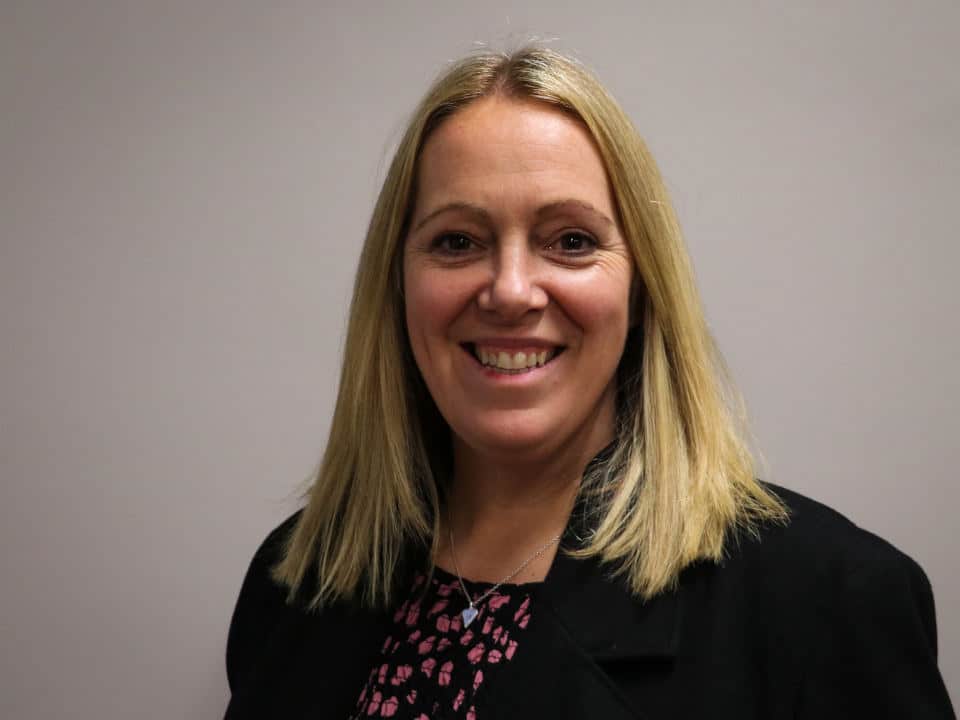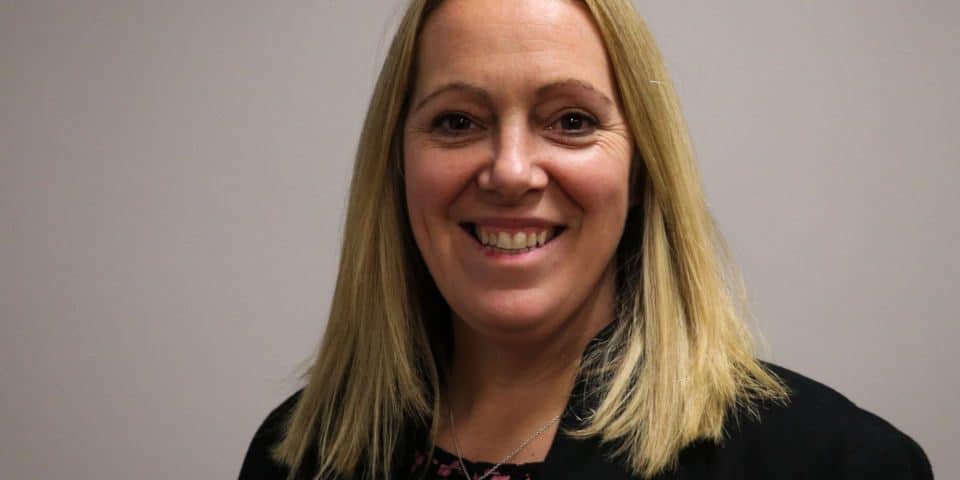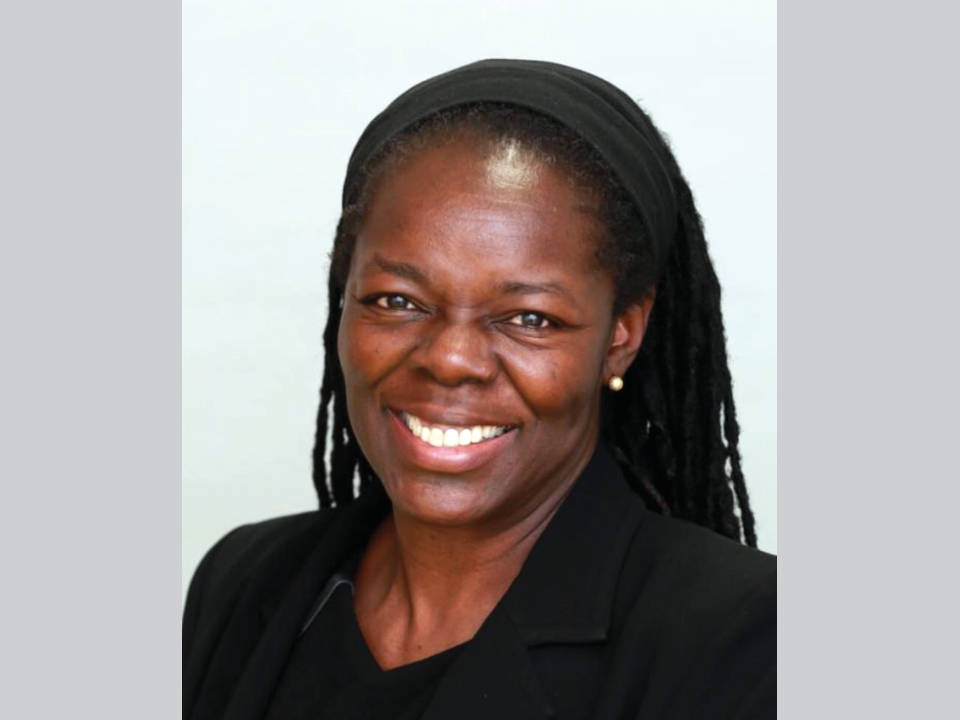
Heather Sandy
Chair of the ADCS Inclusive Education Policy Network
Executive Director of Children’s Services, Lincolnshire County Council
Here is the plain truth: local innovation cannot outrun national design. We can convene, co-produce and cajole. We can sketch better pathways and spread good practice. Without national reform that aligns incentives, accountability and capacity, local authorities are patching the roof in the middle of a storm.
I am a committed champion of mainstream inclusion. It is where friendships form, expectations stay high, and pupils learn to thrive alongside difference. Inclusion is not a slogan. It is craft: confident teaching, well trained SENDCOs with time to lead, sensible adjustments made early, and specialist input that is available when it is needed, rather than after three panels and a stack of paperwork. I sit on the Department for Education’s Expert Advisory Group for Inclusion chaired by Tom Rees, and the message from evidence and experience is consistent; the system’s signals are not currently pulling in the same direction.
Locally, we can and do improve things. LAs can publish clear ‘ordinarily available’ offers, commission specialists, and build a graduated response that actually graduates. We can back schools with practical CPD, tighten decision-making timescales, and give families a single front door that feels as human as possible. But barriers remain, and they are national.
Accountability has been misaligned. Schools have been judged too heavily on headline attainment and tidy data. With Ofsted’s new report card introducing a distinct inclusion judgement and richer context, we should now see inspection focus on attendance and progress for pupils with SEND, the quality of classroom adaptation, and successful reintegration. Inspection should also look closely at how schools deploy resources for SEND as part of leadership and inclusion. Unless the new framework genuinely rewards inclusive practice, risk-averse behaviour will persist.
Rules and routes are fragmented. Parents should not need legal expertise to secure reasonable adjustments. We need a national approach that is clear, evidence-based, costed and inspectable, so families know what is available in mainstream by default, and schools know it is required, and are funded to deliver it. EHCPs should be for complex and enduring needs, not the gateway to the basics.
Capacity and workforce are stretched. You cannot deliver timely speech and language support without enough therapists. Many leaders in key roles, such as SENDCOs, are tied up in teaching and firefighting demand pressures. Inclusion needs to sit with the full leadership team, and we need national workforce planning, training pipelines, and sensible role protections. Local recruitment helps, but it does not create new professionals.
Funding matters, of course, but this is also about plumbing. If the pipes point the wrong way, more water just leaks faster. National reform has to re-route the system; align inspection with inclusion; simplify routes to help; plan and deliver the workforce we actually need. Do that, and local authorities will get on with the graft, because the skill of inclusion lives in classrooms, not council offices.
Parents deserve timely, visible support without a battle. Teachers deserve a framework that backs good practice rather than punishing it. Children deserve to be taught with high expectations in the communities they call home. Local authorities are ready to lead in this space, but we cannot, by willpower alone, achieve what we need to.
I very much hope that the White Paper will set national signals that make inclusion the easiest good choice, and that legislation will back this up.





